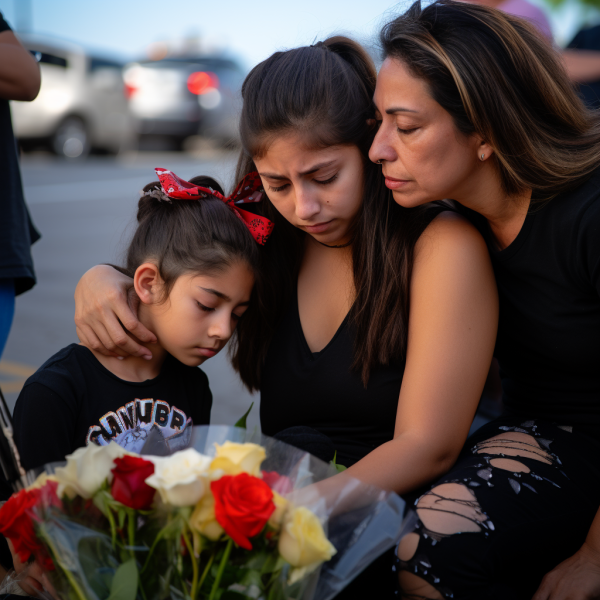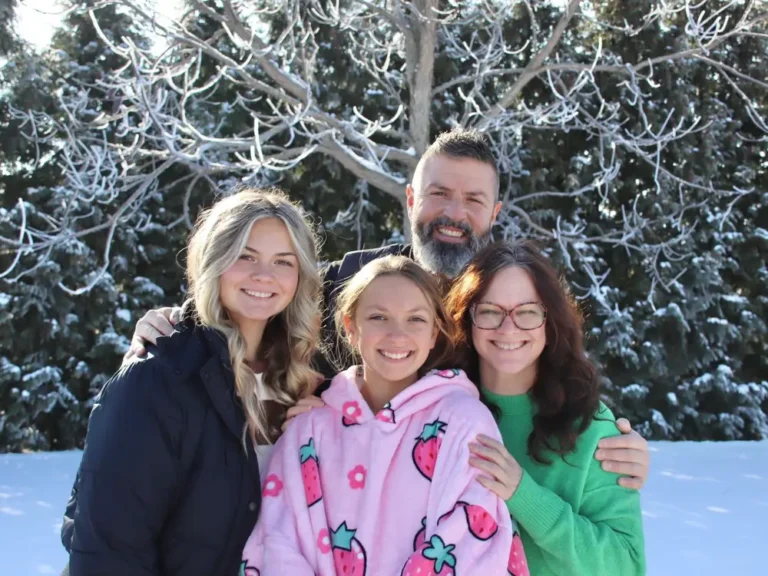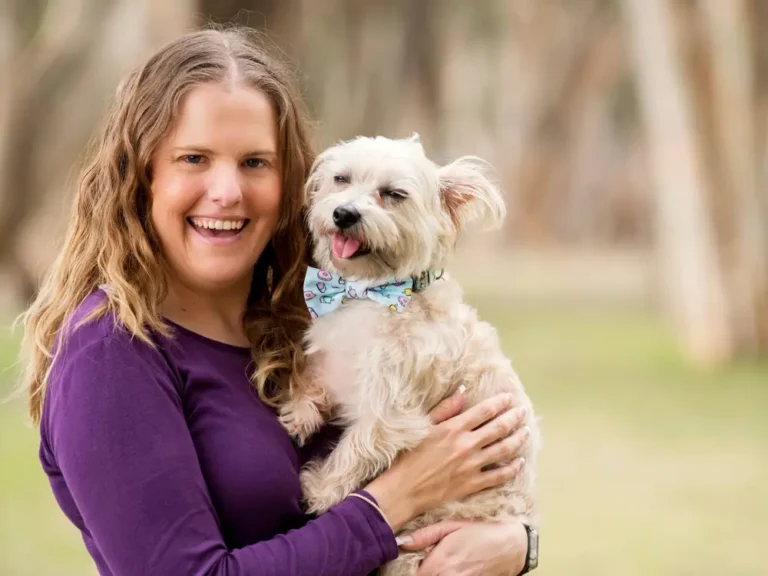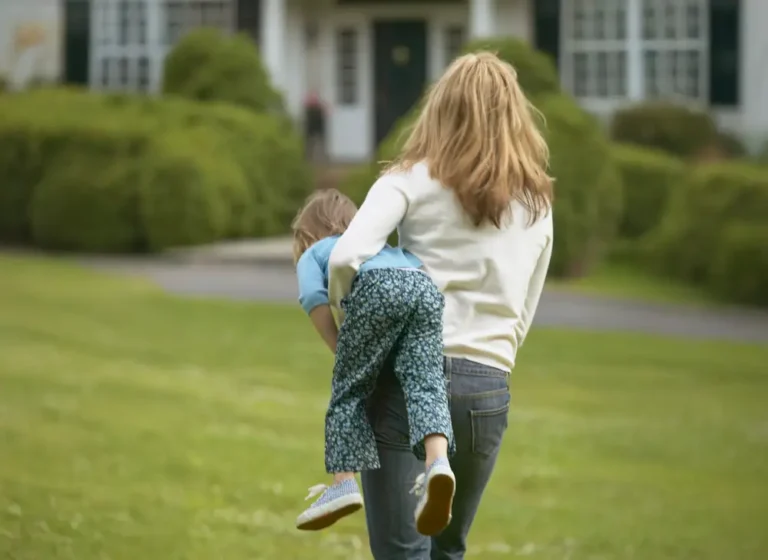Lawsuit alleges wrongdoing in Bay Area police shooting — will Alameda County DA Pamela Price charge the officers?

According to a federal lawsuit, Pleasanton police officers botched an incident last year with a domestic violence suspect, fatally shooting him in the head after he walked out of an apartment building carrying a kitchen knife.
According to Ben Nisenbaum, a civil rights attorney and partner at the Oakland firm Burris Nisenbaum Curry & Lacy, the man, 33-year-old Cody Chavez of San Jose, dropped the knife after police hit him with bean bags and less-lethal peller rounds, but was then hit multiple times by deadly gunfire.
“It’s almost simultaneous, but the less lethal comes first,” said Nisenbaum, a lawyer for Chavez’s family. “Then people start shooting their lethal guns, leaving no room for the less lethal to work.” So, why bother with this plan in the first place? “What’s the point?”
Former Alameda County District Attorney Nancy O’Malley cleared the officers who shot him of any criminal wrongdoing in the Feb. 17, 2002, confrontation last year. However, after O’Malley announced her intention to retire before the November election, Pamela Price made the shooting a focal point of her campaign to replace O’Malley, calling for an independent investigation.
Following her victory, Price quickly reopened the case, as well as five other fatal police shootings, announcing in January that she would investigate whether criminal charges should be filed against the shooting officers, Brian Jewell and Mario Guillermo.
O’Malley stated in a December 2022 report that the officers were justified in believing Chavez posed a significant risk of death or serious injury to others. However, Price stated in a January press release that the report was one of several completed by O’Malley’s administration “at the 11th hour.”
“As the top prosecutor, I want to give each case a thorough review to ensure that justice has not been forgotten,” Price stated at the time. “I’ve made certain that my office has attempted to contact each of the deceased’s families.” The healing process cannot begin until we do our homework.”
More than six months later, it’s unclear where Price’s investigation into the Chavez case, which was assigned to her office’s Public Accountability Unit, stands. Price’s office did not respond to phone and email messages seeking comment.
The wrongful death lawsuit, filed in September on behalf of Chavez’s teenage daughter in the United States District Court for the Northern District of California, is still in its early stages, according to Nisenbaum, who added that he has yet to take officer depositions.
The civil lawsuit, which seeks unspecified monetary damages, claims officers did not “properly” try to de-escalate the hours-long standoff with Chavez, who was suffering from an apparent mental health episode, or reposition themselves to give less-lethal options more time and space to work. Multiple officers were stationed outside the front door of the bottom-floor apartment from which Chavez emerged, and they were within feet of each other when Chavez walked outside.
“Part of being a reasonable police officer is understanding that you’re dealing with someone who is experiencing a mental health crisis,” Nisenbaum explained. “You are not required to have a shooting. It can be handled in a variety of ways, and you have the means and tools to do so.”
“We’re in a different place than we were in the 1980s and 1970s,” he continued. “Dirty Harry isn’t out there with the big old Magnum.44 years old and only killing criminals. That’s not how policing works, and it never has.”
Heather Tiernen, a Pleasanton spokesperson, declined to comment on the lawsuit, citing the city’s policy of not discussing ongoing litigation. In court papers, city attorneys denied the accusations, claiming that video footage shows officers opening fire on Chavez after he began running toward officers with a knife after less-lethal weapons failed.
According to court documents filed by the city, officers were dispatched to the apartment complex after an ex-girlfriend called 911 to report violence and threats of violence allegedly carried out by Chavez, who was alone in the apartment when police arrived. According to the documents, Chavez refused to leave the apartment and repeatedly hung up on crisis negotiators who tried to reach him by phone during the standoff.
A jury trial has been set for November 20, 2024.
Rocio Santillan, who is representing her and Chavez’s 13-year-old daughter in the wrongful death lawsuit, said she has not heard from Price’s office. Margaret O’Neal, Chavez’s aunt, said she received a message from the District Attorney’s Office around the time she was getting ready for an interview with this newspaper.
Nonetheless, Anthony Chavez, Chavez’s brother, thanked Price for reopening the criminal investigation into the shooting. He described former DA O’Malley’s exoneration of the shooting officers as the second worst day of his life in the last two years, after his brother’s death.
“My stomach, it dropped out of my hip,” Anthony Chavez explained over the phone from Mule Creek State Prison in Ione. “You took my brother and then gave everyone a high-five and said, ‘Good job; job well done.’ Who is it for? That little girl who won’t have her father?”
Cody Chavez’s death was mourned by family members as an example of multiple systems — from education to medical to criminal justice — failing a person who could not afford to get the help he required. Given his family history of mental illness, they believe Cody Chavez was suffering from an undiagnosed mental disorder.And he had a problem with anger, which did not mix well with alcohol.
Cody Chavez was convicted in 2021 of assaulting a Jamaican man in a case that Santa Cruz police investigated as a hate crime. According to the newspaper, he eventually pleaded guilty to assault with great bodily harm, avoiding other charges and a hate crime enhancement.
Santillan stated that her ex-boyfriend was not racist. “He had friends who were white, black, Asian, wealthy, and impoverished.” “He had police department friends,” she explained.
“They called him’Goofy’ because that’s who he was,” Santillan explained. “He was insane. He was amusing. He was the life and soul of the party. And you’d have to know him to understand why he did what he did.”
Cody Chavez apologized in a letter to his daughter in June 2021 for not living up to the expectations he had for himself as a father. He said he missed playing “American Ninja Warrior” on the playground with her. And he stated that he was working to “become a better person and a better father.” “It will take some time and a lot of hard work, but that’s fine; I’ll do whatever it takes to see you again.” We’ll talk again soon. … “With love, Dad,” he wrote.
Alina Chavez, Cody Chavez’s daughter, cried as she sat on a couch between her mother and great-aunt on a recent afternoon in San Jose.
“I’ll never forget the time we went to Chuck E. Cheese,” she recalled. “He took me to Rockin’ Jump and Golfland.” He’d take me to this one spot where there were a lot of fish. And we’d just stare at it. Those are memories I’ll never forget.”






